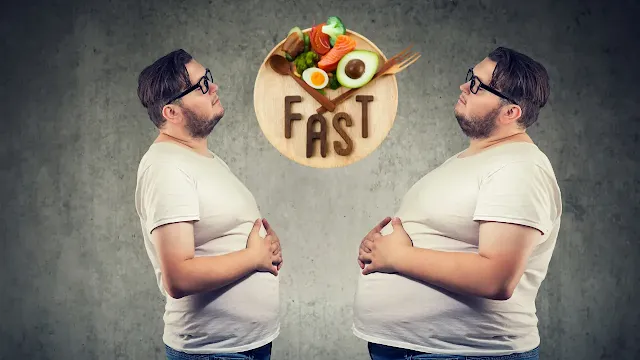Navigating Loss of Control Eating: Causes, Signs, and Treatment Options
Therefore, it is important to understand the causes, signs, and treatment options for loss of control eating, and to seek professional help if needed.
 |
| Loss of Control Eating What It Is and How to Overcome It |
Key Takeaways
- Loss of control eating L.C.E. is a psychological condition that involves being unable to control what or how much one eats, regardless of the amount of food consumed.
- L.C.E. can be a symptom of several eating disorders, such as binge eating disorder, anorexia nervosa, and bulimia nervosa, but it can also affect people who do not have an eating disorder diagnosis.
- Loss of control eating can be caused by a combination of biological, psychological, and environmental factors, such as genetics, hormones, emotions, cognition, and environment.
- L.C.E. can have serious consequences for one’s physical and mental health, such as obesity, diabetes, heart disease, depression, anxiety, self-harm, and suicidal thoughts.
- Loss of control eating can be treated with various options, such as psychotherapy, medication, nutrition counseling, and support groups.
What Causes Loss of Control Eating?
There is no single cause for loss of control eating, but rather a combination of biological, psychological, and environmental factors that may contribute to its development and maintenance. Some of the possible factors are:
Genetics
Hormones
Emotions
Cognition
Environment
What Are the Signs of Loss of Control Eating?
Loss of control eating can manifest in different ways, depending on the type and severity of the eating disorder. However, some of the common signs and symptoms are:
- Eating a large amount of food in a short period, often in secret or when not hungry
- Feeling unable to stop or limit the amount or type of food one is eating
- Feeling guilty, ashamed, or disgusted after eating
- Having a distorted or negative view of one’s weight and shape and a fear of gaining weight
- Engaging in compensatory behaviors, such as vomiting, laxative use, excessive exercise, or fasting, to prevent weight gain or relieve guilt
- Having irregular or absent menstrual periods (in people who would typically menstruate)
- Experiencing physical complications, such as stomach pain, constipation, dental problems, fatigue, or heart problems
- Having psychological distress, such as depression, anxiety, low self-esteem, or suicidal thoughts
How to Overcome Loss of Control Eating?
Loss of control eating is a treatable condition, and there are various options available to help one recover from it. Some of the possible treatment options are:
Psychotherapy
Medication
Nutrition counseling
Support groups
Conclusion
Loss of control eating is a serious and complex condition that can affect anyone, regardless of age, gender, or background. It can have detrimental effects on one’s physical and mental health, and can interfere with one’s daily functioning and well-being.
However, loss of control eating is not a sign of weakness or a personal flaw, but rather a coping mechanism that can be changed with proper help and support.
If you or someone you know is struggling with loss of control eating, do not hesitate to reach out for help. There are many resources and professionals available to help you overcome this condition and regain control over your eating and your life.
